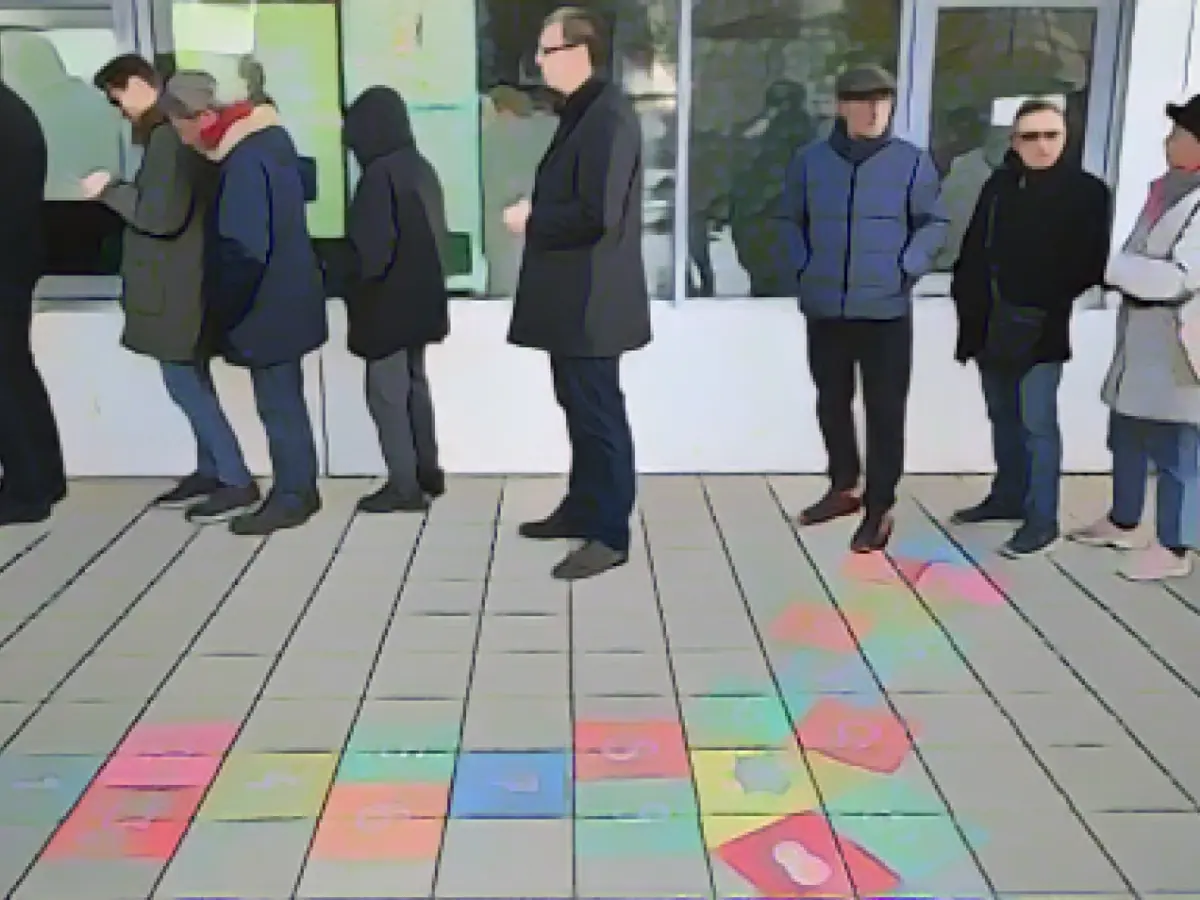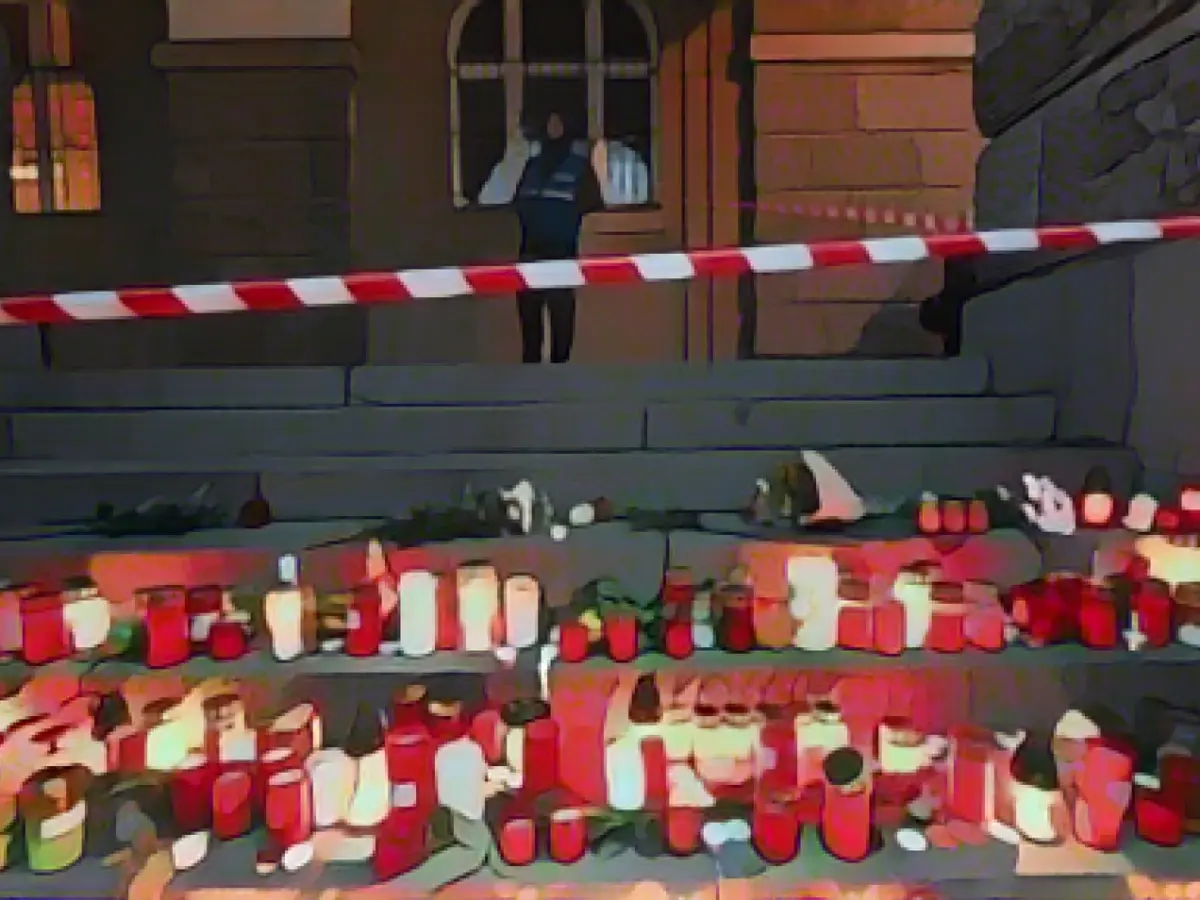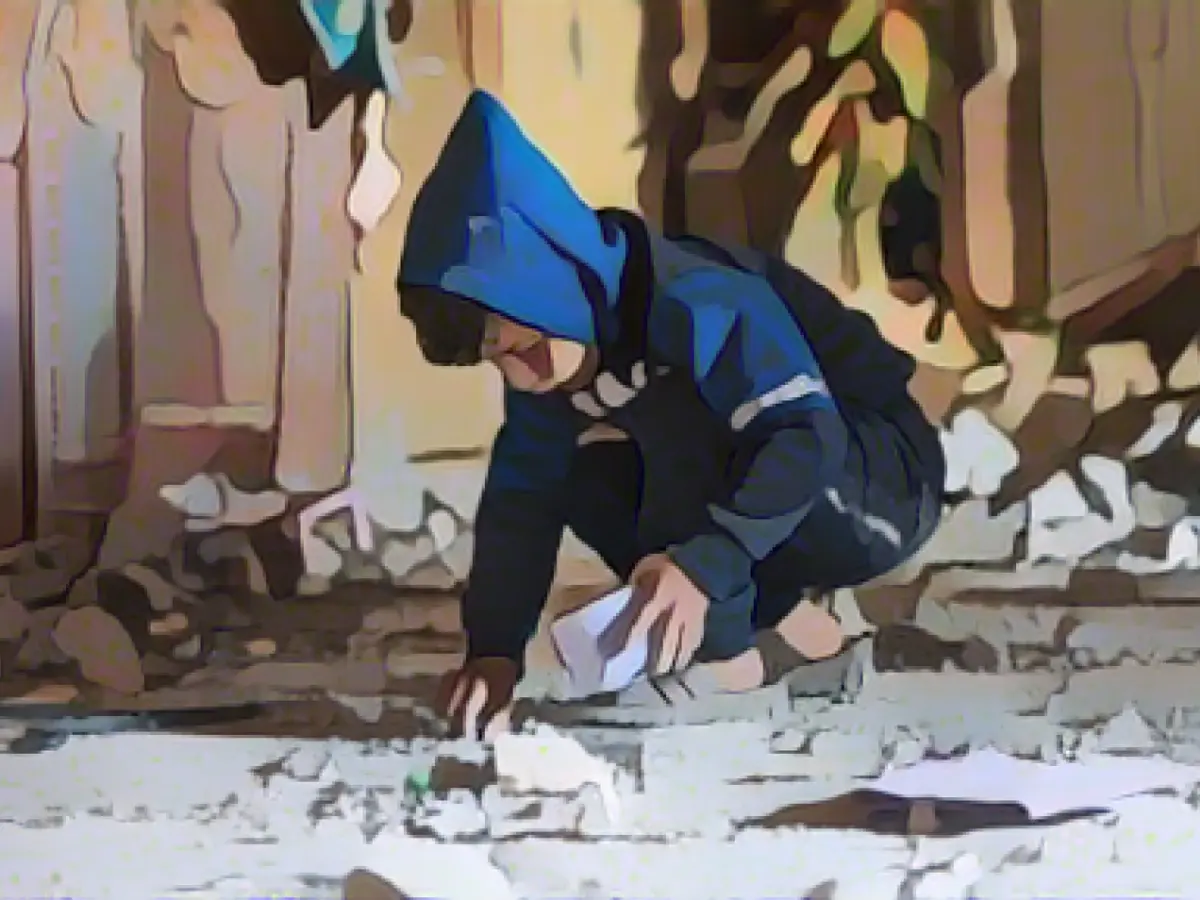Serbia Casts Ballots for a New Parliament: Vucic's Party Favored
As the clock ticked towards 8 pm, polling stations across Serbia began to close, marking the end of the nation's parliamentary elections. Predictions pointed towards the Serbian Progressive Party (SNS), led by President Aleksandar Vucic, garnering between 40 to 45 percent of the vote.
Over the past decade, Vucic has wielded his political influence, first as prime minister and then as head of state, amassing significant control over Serbia. Critics of Vucic's administration, including protests against him, have been dismissed as foreign conspiracies.
The effects of inflation have been particularly harsh on Serbian citizens, with double-digit price hikes affecting daily life. In an effort to address these concerns, the Vucic government has provided financial aid to citizens, such as pension increases and bonus payments.
The elections saw no shortage of interest, with long queues forming early at polling stations in Belgrade. By 11 a.m., nearly 10 percent of eligible voters had cast their ballots. Vucic declared his confidence in a "landslide victory," although the president had previously warned of chaos if he was not reconfirmed in office.
Leading opposition alliance, Serbia Against Violence, expressed hope for high voter turnout across Belgrade and all of Serbia, encouraging the freedom of expression for Serbian citizens. Skeptics have criticized the SNS for calling the elections at a time of their own convenience, with government cabinets rarely lasting the term in Serbia to impede opposition growth.
Despite these challenges, the Serbian population has demonstrated a mix of loyalty and dissatisfaction towards the SNS and their leader. Serbia Against Violence, the primary opposition alliance, capitalized on public dissatisfaction and positioned itself as the SNS's principal competition.
In the previous elections held in April 2022, SNS seized 120 out of 250 parliamentary seats, ensuring Vucic's second term in office. In addition, local elections were also conducted in several Serbian cities, including Belgrade, which saw increased support for opposition parties and candidates belonging to Serbia Against Violence.
Related Reading:
- Despite the widespread impact of inflation on citizens, SNS maintains a substantial support base in Serbia.
- Serbia Against Violence has expressed optimism towards the voter turnout in Belgrade and various regions, encouraging the exercise of freedom of speech.
- According to polls, the SNS appears set to claim a majority in the elections, owing to Vucic's control over Serbia's political landscape.
- Elections were conducted in selected Serbian cities, including Belgrade, which witnessed increased support for Serbia Against Violence.
- Prior to the elections, Vucic hinted at potential disorder in the event of opposing his rule, amplifying tensions between the president and opposition forces.
- The loose opposition alliance, Serbia Against Violence, has condemned what they perceive as irregularities in the electoral process and demanded an EU investigation.
- In the last elections, SNS achieved significant victories by securing 120 out of 250 parliamentary seats, allowing Vucic to stay in power for a second term.
Source:
(Enrichment Data incorporated into the body of the article)








